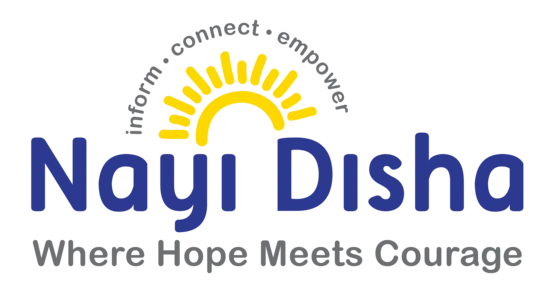Let’s talk about person first language
The past couple of decades have seen a shift in how disabilities are talked about. There are now mandated ways by health organisations and even legal organisations and governments where they are phasing out colonial and regressive words like mentally retarded for example. These words are replaced and inclusive language and vocabulary is the way to go when we want to discuss disabilities.
One aspect of this movement to make language more inclusive is person first language. An important point, we wish general public and media know the basis and basics of person first language and how it addresses disabled members of the society.
The idea behind person first language is exactly what it sounds like – to put the person before the condition. To not define a person by their identity. This also means we need to phase out things like “suffering from” and “afflicted with” when we refer to people’s conditions.
Two simple pointers –
– Describe what a person has, and not what a person is
– Phase out regressive words like retarded, crippled, insane and substitute with person with intellectual disability, has a disability and person with mental health condition for instance
The person first language is an act against ableism and in the ways current language and terminologies is insensitive to people with disabilities. But there’s a catch.
When describing people with disabilities, some people prefer an identity-first language instead of a person first language. Especially in the population with Autism, individuals prefer to think of Autism as a different way of seeing the world and not an impediment or disability.
What we need at this point is more sensitivity to deal with the preferences of different communities and tailor our communication accordingly. But if you would like to stick with person first language, here are some helpful phrases to include in your vocabulary –
– People with disabilities
– X has Autism instead of autistic individual
– Children with disabilities
– X has a learning disability
As we all take on more important problems of inclusion and accessibility, the language we use becomes more important. We hope this little primer will help you on your way to a richer, contemporary, sensitive vocabulary.
यदि आपके पास ऑटिज्म, डाउन सिंड्रोम, एडीएचडी, या अन्य बौद्धिक अक्षमताओं के बारे में प्रश्न हैं, या किसी बच्चे में विकासात्मक देरी के बारे में चिंता है, तो नई दिशा टीम मदद के लिए यहां है। किसी भी प्रश्न या प्रश्न के लिए, कृपया हमारी मुफ़्त हेल्पलाइन पर संपर्क करें 844-844-8996. You can call or what’s app us. Our counselors speak different languages including English, Hindi, Malayalam, Gujarati, Marathi, Telugu, and Bengali.
अस्वीकरण: कृपया ध्यान दें कि यह लेख केवल सूचना के उद्देश्यों के लिए है।










 0
0